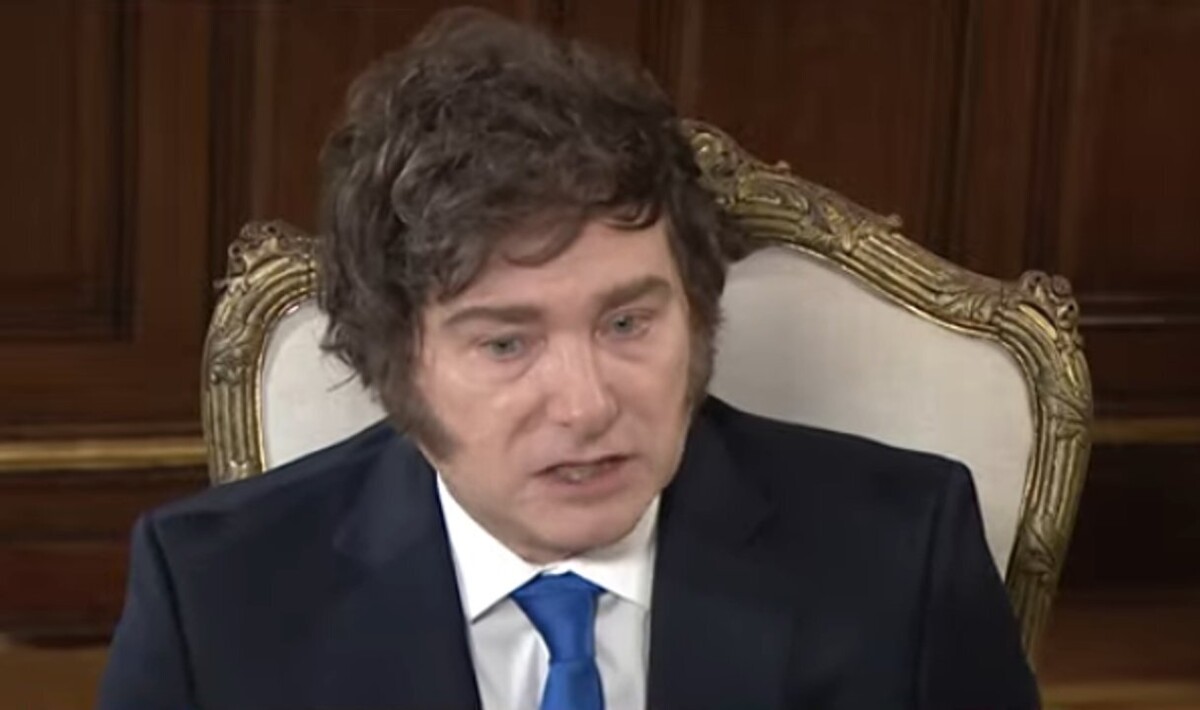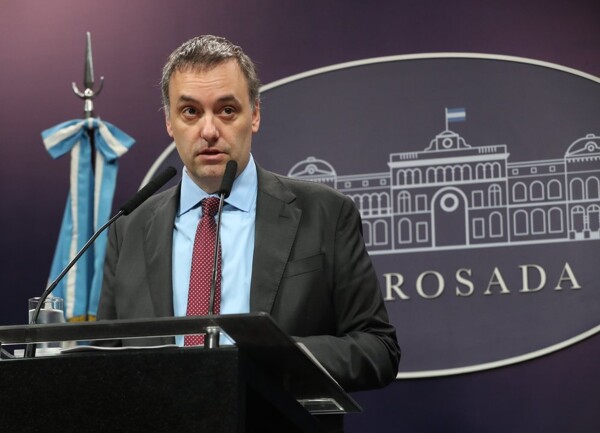
Argentina faces the need for profound and comprehensive reforms to overcome its economic crisis. Leading economists have stated that the next steps will require more disruptive and integral transformations. The Institute of Economic and Social Analysis of Argentina (IDESA) highlighted the need to reorganize the pension system to moderate the growth of spending on pensions and retirement benefits. It also advocated for a fiscal coordination agreement between the Nation and the provinces to clarify responsibilities, which would lower operational costs and improve the quality of state services. The electoral support obtained by President Javier Milei has created, in a large part of political and economic analysts, the expectation that from the new composition of Congress, he will seek consensus to undertake the structural reforms that the economy needs and correct the deviations that led to having to request aid from the United States. "Argentina has three major challenges that are difficult to face with this scheme: debt, reserve accumulation, and the purchase of dollars by Argentines themselves," said economist Pablo Moldovan. In dialogue with Splendid AM 990, the Director of CP Consultants highlighted that the election "cleared the political risk", which should improve the outlook for the future. However, he clarified that "the rise in financial assets was phenomenal", but pointed out that "the dollar was not as strong as expected". On the other hand, he stated that Argentina has a "quite large" income crisis, which is what underlies the fall in economic activity and the level of employment". For his part, economist Osvaldo Giordano, former Director of ANSES, emphasized that "the central point is the need to address a deep transformation agenda or Argentina will continue to be stagnant and lack opportunities for progress for its people". But he stressed that "all of them are very complex" and reiterated that "it is crucial that they are not forced reforms". In a dialogue with Radio Rivadavia, he considered that "it was very good that the president mentioned the governors" because "more than 90% of the reforms depend on the provinces supporting them". "We must not forget that we are a federal country and in most cases it involves agreements with the provinces," said the economist. In the same vein, he indicated that "we have a very serious issue in labor that is essential to correct" and called on the unions to dialogue: "the unions have to be part of it, but it is necessary to expand and flexibilize an extremely rigid scheme". Giordano left a concept very close to the government's assessment: "It is necessary to give a more prominent role to decentralized structures" because "there is a huge distance between what the conventions say and the reality of companies". Giordano stated that "with this tax system, this labor legislation, this lack of infrastructure, Argentina quickly hits a glass ceiling". Consequently, he stressed that "it is essential to advance in everything simultaneously". The call for dialogue was also one of the outstanding points in the post-election analysis for economist Gabriel Caamaño: "The best thing is this call for consensus to pass reformist laws, looking at the governors, it is by far the best". In its latest report, the PPI consultancy also spoke in favor of seeking agreements: "La Libertad Avanza must leave electoral confrontation behind and focus on building a broad coalition of majority to achieve the approval of structural reforms in Congress". "From our perspective, Milei's moderate speech on Sunday confirms that direction," it stated. A similar concept was expressed by IDESA, who in its latest document stated that to maintain fiscal balance, it is necessary to move forward with new strategies. "The initial adjustment was very important because it allowed to balance the public accounts."














